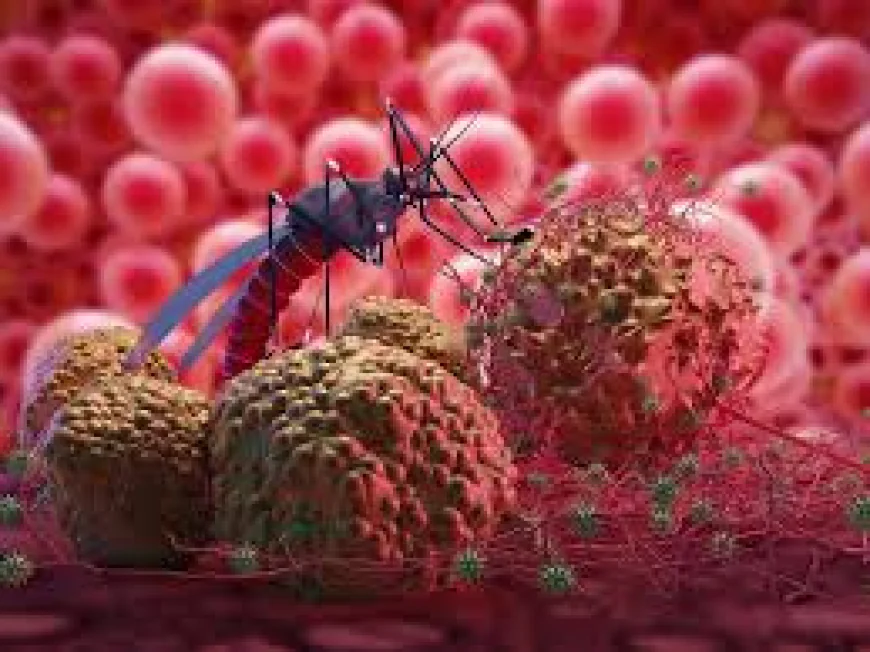Nine Nigerians Die of Malaria Every Hour, Says SFH

The Society for Family Health (SFH) has disclosed that malaria claims the lives of nine Nigerians every hour, with 97% of the country’s population at risk of the disease.
This alarming statistic was shared by SFH’s Social and Behavioural Change Specialist, Sesugh Deborah Oryiman, during a media orientation held in Kano for the launch of the Integrated Insecticide-Treated Nets (ITNs) and Seasonal Malaria Chemoprevention (SMC) campaign.
As part of its ongoing efforts to combat malaria, the SFH plans to distribute 7.7 million insecticide-treated mosquito nets and over 15 million doses of SPAQ to children between the ages of 3 and 59 months.
“Malaria remains the most prevalent and preventable public health challenge in Nigeria, yet it continues to take a deadly toll—particularly on children under five and pregnant women,” Oryiman stated.
She revealed that Nigeria records nearly 110 million clinically diagnosed malaria cases each year, with the disease contributing to approximately 30% of child deaths and 11% of maternal deaths nationwide.
“Nigeria bears 25% of the global malaria burden. Two in every four malaria cases in West Africa are found in Nigeria, and one in five malaria-related deaths globally occurs here. Every hour, nine Nigerians lose their lives to this disease,” she added.
Beyond the health consequences, malaria significantly impacts national productivity. It is the leading cause of absenteeism from schools, workplaces, farms, and markets, stalling economic growth and contributing to an annual GDP loss of up to 40%. The country loses billions of naira annually to treatment costs, prevention efforts, and lost man-hours.
Despite a rise in reported cases, the prevalence of malaria based on microscopy has declined—from 27% in 2015 to 22% in 2021. Oryiman emphasized that consistent use of insecticide-treated nets remains one of the most cost-effective strategies for malaria prevention.
She noted that net distribution efforts will prioritize the most vulnerable wards and local government areas, while SPAQ doses will be administered across all 44 LGAs in Kano State.
Also speaking at the event, Kano State Malaria Elimination Programme Manager, Babangida Gwarzo, said over 27,000 Community Mobilizers and Distributors (CMDs) have been deployed for a house-to-house campaign aimed at reaching over three million children. Caregivers will also receive tokens to collect the treated nets.
Gwarzo urged caregivers to ensure their children receive the SPAQ doses, especially during the rainy season, when the risk of malaria transmission is highest.


